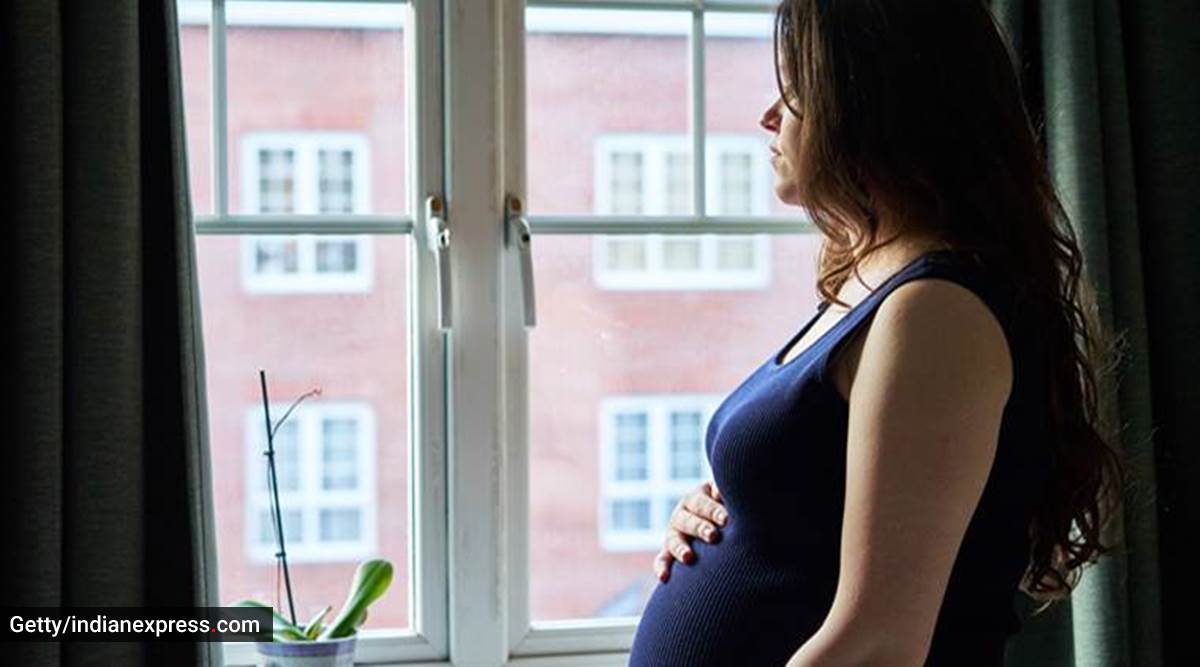 Thirteen per cent of women of reproductive age – 15-49 years – in India have an unmet need for family planning.
(Photo: Getty/Thinkstock)
Thirteen per cent of women of reproductive age – 15-49 years – in India have an unmet need for family planning.
(Photo: Getty/Thinkstock) A panel of high-level experts from several prominent organisations Friday emphasised the need for expanding contraceptive choice and optimizing access to currently available contraceptive methods, especially in the context of the ongoing Covid-19 pandemic. Studies have shown that maternal health has been severely impacted by the pandemic, with pregnant women being unable to access routine antenatal check-ups
The panel discussion was organised on the occasion of International Day of Action for Women’s Health. Several institutions including the Population Foundation of India, FOGSI, Bill & Melinda Gates Foundation and the ICMR’s National Institute for Research participated in a webinar to discuss why effective reproductive health for women is the need of the hour.
The webinar, led by the Population Foundation of India, underscored the requirement for an increase in the overall basket of contraceptives available to women in India.
According to reports, last year, researchers estimated that 26 million couples in India faced disruptions in access to family planning. The resulting unintended pregnancies place major economic pressures on families or, worse, can lead to unsafe abortions and maternal deaths.
Dr Jaydeep Tank, General Secretary of the Federation of Obstetricians and Gynaecologists in India (FOGSI), observed, “Globally, more women and children may die due to a lack of access to health services than COVID-19 itself. If we accept the fact that contraception saves lives, then it stands to reason that the lack of access to contraception is detrimental to women’s health and their lives. There is a lack of appreciation for the fact that nearly 70% of frontline health workers are women, and I am afraid that not enough attention has been paid to this particular group of women and their reproductive needs.”
– Stay updated with the latest Pune news. Follow Express Pune on Twitter here and on Facebook here. You can also join our Express Pune Telegram channel here.
Thirteen per cent of women of reproductive age – 15-49 years – in India have an unmet need for family planning. This means that women who want to avoid pregnancy do not have access to modern contraceptive methods. The availability and accessibility of contraceptive choices have been further inhibited by the ongoing COVID-19 pandemic due to restrictions in the supply chain and reductions in essential services, including sexual and reproductive health care.
Dr Beena Joshi, Deputy Director of ICMR’s National Institute for Research in Reproductive Health and the Principal Investigator for the study ‘Health Technology Assessment of Long-Acting Reversible Contraceptives in India’, recommended that the government could consider a phased rollout of the Long-Acting Reversible Contraceptive, Nexplanon, as a cost-effective step to expand the basket of contraceptives at this time.
“We must address inequities to rural women also having access to these methods. We need to have counselling and training on the management of side-effects and follow-up and tracking mechanisms to ensure there are no adverse effects,” she said.
Poonam Muttreja, Executive Director, Population Foundation of India, and a public health expert highlighted the significance of expanding the basket of contraceptive choices. “On the International Day of Action for Women’s Health, we deliberated upon a critical issue of availability and accessibility of contraceptive methods, of choice for all women no matter where they live, who they are and pledge action in the direction of expanding the range and reach of contraceptives. It is a fundamental right of every woman to be able to choose from a variety of contraceptive choices, which over the years, have been availed by women across the world,” she said.
“Women in countries like Thailand, Bangladesh and Indonesia have greatly benefited from the introduction of implants in the public health system given its long-term efficacy of 3-5 years. Implants and other long-acting reversible contraceptives are particularly relevant in the context of the pandemic, where disruption in services have restricted women’s access to reproductive health services,” Muttreja added.
- The Indian Express website has been rated GREEN for its credibility and trustworthiness by Newsguard, a global service that rates news sources for their journalistic standards.

